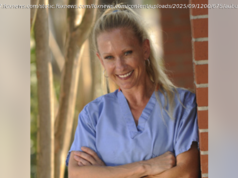The Alabama Embryo Ruling of February 2024 means that parents using IVF and preimplantation genetic diagnosis to reduce the risk of having a child with a lethal genetic condition may be blocked from doing so in Alabama.
Matt Goldstein and his wife, Myra Sack, lost their first child, Havi, to the fatal genetic disease, Tay Sachs, in 2021. They used pre-implantation genetic testing and in vitro fertilization to reduce the risk that their now 18-month old son, Ezra, had the same disease. Last week’s Alabama Supreme Court’s ruling that embryos should be considered children would likely block parents like them from taking such precautions.
The Alabama ruling states that embryos are children, with the same rights as live children after birth. This may mean that frozen embryos could not be discarded, even if those embryos have fatal genetic diseases or the parents do not want, or cannot support, any more children. This ruling has led some Alabama fertility clinics to temporarily shut down until the legal repercussions for families, clinicians, and fertility centers are better understood.
Goldstein and Sack, who live in Boston, were overjoyed when their beautiful first child was born in September 2018 and reveled in being new parents. When Havi was about 12 months old her parents noticed she wasn’t progressing as expected. They took her to see a neurologist, enrolled her in physical and occupational therapy, and yet Havi began to lose motor skills – her once perfect posture regressed to slouching while in a sitting position.
Домой
United States
USA — Science Alabama Embryo Ruling Raises Questions About IVF And Testing For Fatal Genetic...






